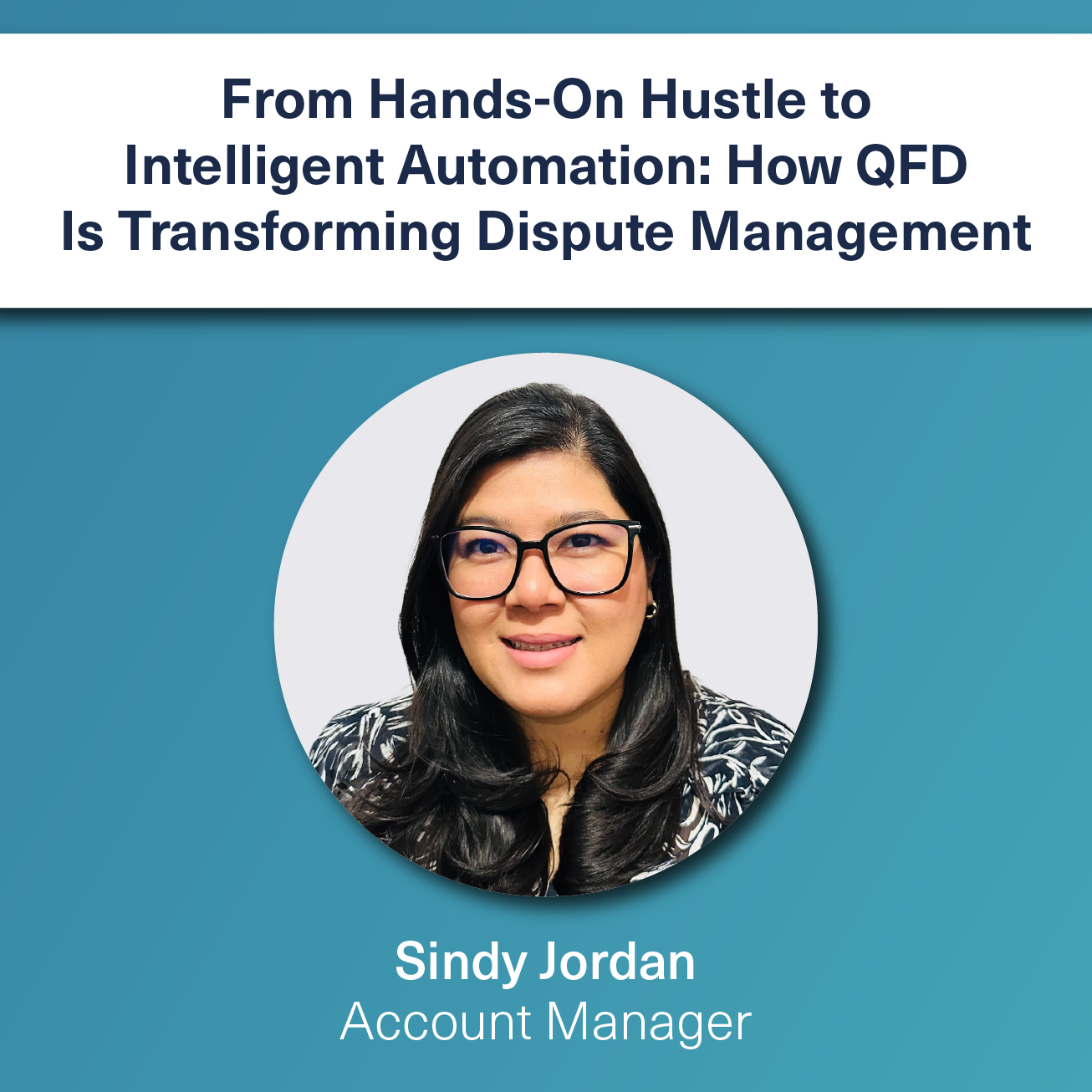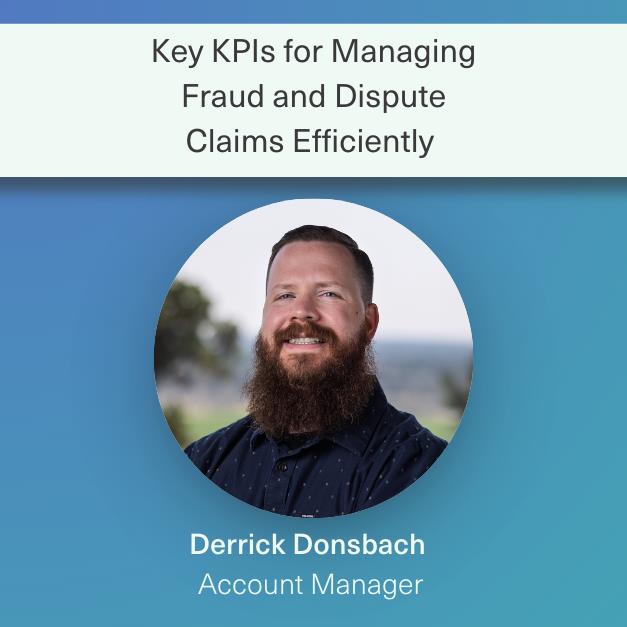The Human Challenge of Manual Dispute Handling
Not long ago, dispute teams depended heavily on the dedication and availability of each individual agent. Managers counted on their people showing up day after day, carefully working through piles of investigations to meet tight deadlines set by Regulation Z and Regulation E. The pressure to issue provisional credits on time often meant long hours, high stress, and the constant risk of falling behind.
Every missed shift, every backlog, and every slip in communication could threaten compliance and customer satisfaction. It was a grind, powered by human effort but limited by human endurance.
QFD Brings Relief and Confidence to Dispute Management
Today, with Quavo’s QFD platform, the story is very different. This intelligent automation system lifts much of the manual burden from agents and managers alike, creating a smoother, more reliable dispute resolution process.
- Provisional credits are now issued automatically within the required timeframes, reducing compliance worries.
- Workflows intelligently route and prioritize disputes, so no cases fall through the cracks.
- Compliance with Reg Z and Reg E is baked into the system’s DNA, not left to chance or manual follow-up.
It’s not just about the technology; it’s about helping people do their jobs better and with less stress and reducing manual errors.
Better Results Lead to Happier Teams
The difference shows in the numbers:

Where agents used to be overwhelmed handling around 300 disputes a month, QFD’s automation now helps them tackle five times that amount, more accurately and with less burnout. The manual reviews are saved for the tough, high-risk cases that really need a human touch and thoughtful decision-making.
Building a Stronger Path Ahead
QFD’s automation doesn’t replace people, it amplifies their impact, ensuring every dispute is handled thoroughly, on time, and in line with regulations. Operations managers gain real-time visibility into workflows and team productivity, making it easier to spot bottlenecks and drive continuous improvement. The days of hoping your team can “keep up” are over. Now, financial institutions can trust in a process that’s predictable, efficient, and compliant, while giving their people the tools and breathing room they deserve.





